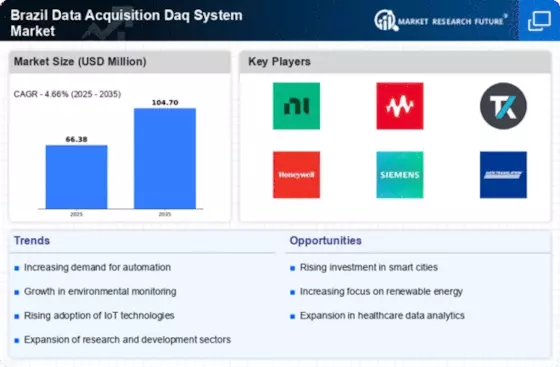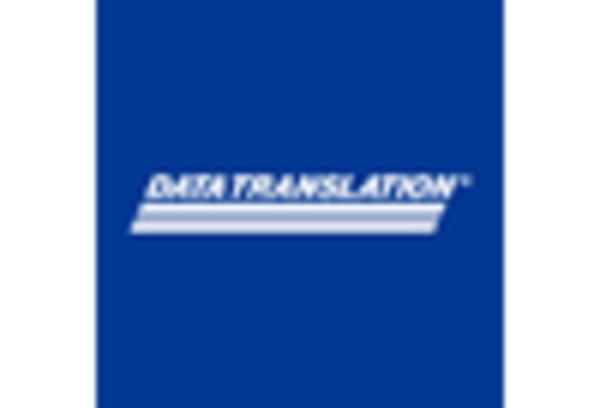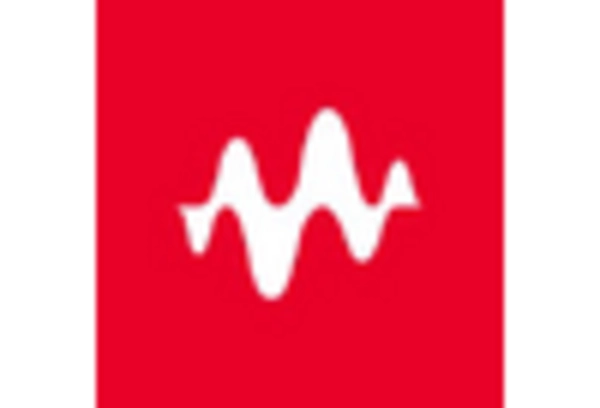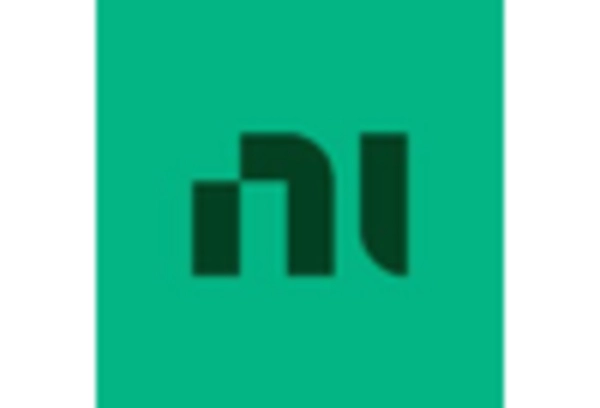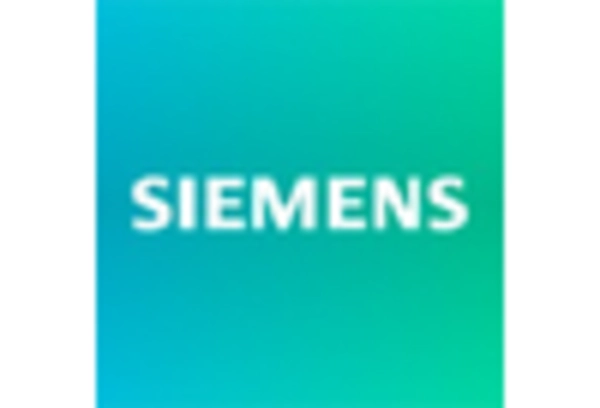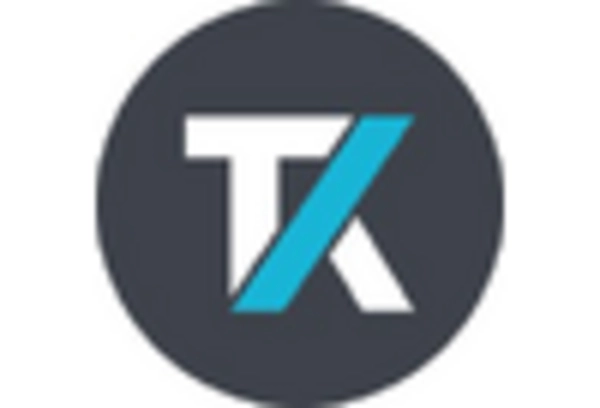Advancements in Sensor Technologies
The Brazil Data Acquisition Daq System Market is benefiting from rapid advancements in sensor technologies, which are integral to modern data acquisition systems. Innovations in sensor design and functionality enable more accurate and efficient data collection across various applications, including environmental monitoring, industrial automation, and healthcare. The proliferation of smart sensors, which can communicate data wirelessly, is particularly noteworthy. These advancements not only enhance the capabilities of data acquisition systems but also reduce installation and maintenance costs. As Brazilian industries increasingly adopt these cutting-edge technologies, the market for data acquisition systems is likely to expand, driven by the need for high-quality data in decision-making processes.
Expansion of Renewable Energy Projects
The Brazil Data Acquisition Daq System Market is significantly influenced by the expansion of renewable energy projects, particularly in solar and wind energy. The Brazilian government has set ambitious targets for renewable energy generation, aiming for 45% of the energy matrix to come from renewable sources by 2030. This shift necessitates sophisticated data acquisition systems to monitor and manage energy production effectively. The integration of Daq systems in renewable energy projects allows for real-time data collection, which is essential for optimizing energy output and ensuring system reliability. As investments in renewable energy continue to rise, the demand for data acquisition systems is expected to follow suit, creating a robust market environment.
Growing Focus on Smart Cities Initiatives
The Brazil Data Acquisition Daq System Market is poised for growth due to the increasing emphasis on smart city initiatives across major urban areas. Brazilian cities are investing in smart infrastructure to improve urban living conditions, enhance public services, and promote sustainability. Data acquisition systems play a crucial role in these initiatives by providing the necessary data for traffic management, waste management, and energy efficiency. The Brazilian government has allocated significant funding for smart city projects, which is expected to create a favorable environment for the adoption of data acquisition systems. As cities evolve into smart ecosystems, the demand for sophisticated data acquisition solutions is likely to rise, further propelling market growth.
Rising Demand for Automation in Industries
The Brazil Data Acquisition Daq System Market is experiencing a notable surge in demand for automation across various sectors, including manufacturing, energy, and transportation. This trend is driven by the need for enhanced efficiency and accuracy in data collection and analysis. As industries increasingly adopt automated processes, the reliance on advanced data acquisition systems becomes paramount. According to recent statistics, the automation market in Brazil is projected to grow at a compound annual growth rate of 10% over the next five years. This growth is likely to propel the demand for data acquisition systems, as companies seek to integrate these technologies into their operations to optimize performance and reduce operational costs.
Increased Investment in Research and Development
The Brazil Data Acquisition Daq System Market is witnessing increased investment in research and development, particularly in sectors such as healthcare, agriculture, and environmental science. This investment is driven by the need for innovative solutions that can address complex challenges in data collection and analysis. Brazilian universities and research institutions are collaborating with private companies to develop advanced data acquisition technologies that cater to local needs. The government has also introduced funding programs to support R&D initiatives, which is likely to stimulate the market for data acquisition systems. As new technologies emerge from these research efforts, the Brazil Data Acquisition Daq System Market is expected to benefit from enhanced product offerings and increased adoption across various sectors.


